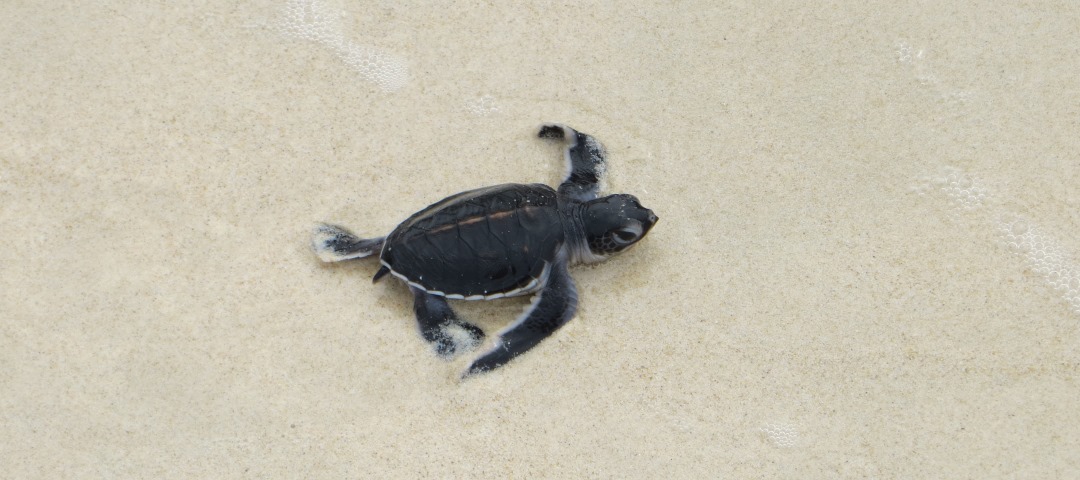Take Action
You can make a difference! No matter where you live, you can help. Your consumer choices have a huge impact on apes, rhinos, elephants, big cats and other wildlife. There are many simple, everyday actions you can take to protect wildlife and natural habitats throughout the developing world. Donate today to help protect wildlife and natural habitats across the developing world. Your support makes a difference for wildlife!
The information and links below are easy ways that you can make a difference for wildlife.
Demand zero deforestation Palm Oil
– Did you know you can use an app on your cell phone to find out if products in your stores use unsustainable palm oil? There are several measures of how sustainable a particular source of palm oil is. Check out the recent scorecard by Union of Concerned Scientists. Learn more about palm oil and rainforest destruction from Rainforest Alliance, and Greenpeace.
Smart phone apps: POI Palm Oil Barcode Scanner (Australia and New Zealand products); Palm Oil Guide and Scanner; Palm Oil Shopping Guide
– Encourage companies to commit to purchasing sustainable palm oil, and to a zero deforestation standard for palm oil.Visit sumofus and Rainforest Action Network. Follow organizations like Greenpeace, and Rainforest Action Network who are working to improve palm oil sustainability certifications and standards.
– Take action to halt destruction of rainforests, peat swamps and other important wildlife habitat for new oil palm plantations. Send a letter here.
Recycle electronics
Coltan is a mineral mined in the Congo basin rainforests and used in small electronics and medical devices. Coltan is refined for use in nearly all cell phone, laptop and pagers. Learn more about coltan from National Geographic, Cellular News and ABC News. Coltan is recyclable. But you can also extend the life of your small electronics to lessen demand for new devices.
– Click here for information on cell phone company buyback, refurbishment and recycling programs.
– Find cell phone recycling near you via Eco-Cell and Shelter Alliance. Many zoos have cell phone collection and recycling programs. Check with your local AZA, EAZA or WAZA accredited zoo.
Stamp out the trade in elephant ivory, rhino horn and other illegally traded wildlife products
More than 35,000 elephants and 1000 rhinos are killed by poachers every year. Elephant ivory and rhino products are in high demand, and better legal protection is needed to prevent poachers from selling ivory and rhino horn, and to prevent consumers from buying it. It is legal to buy ivory in many countries — including the USA!
– You can help by participating in the Global March for Elephants and Rhinos – October 3 & 4 in cities worldwide. Attend or organize a march in your city, and send a message to countries that are the source or the consumers of illegally traded wildlife and wildlife products.
– Ask Craigslist to stop selling ivory! Send a letter here.
– Learn more about illegal wildlife trade from Species Survival Network, TRAFFIC and United for Wildlife.
– Use the Wildlife Witness app on your smartphone to report illegal trade in wildlife and wildlife products.
Be a wildlife-friendly traveler
Wild animals are hunted and taken from their families and their natural habitats to be used to attract tourists and provide entertainment and profit. Keep wildlife where it belongs – in the wild – by avoiding tourists accommodations, restaurants and tours that exploit wildlife.
– Be a conscientious consumer – don’t buy wildlife or products that support cruelty to or killing of wildlife when you travel. Check out the Humane Society International Wildlife Trade Infographic to learn what to avoid.
– Never pay to have your photo taken with a wild animal. This industry leads to animals being captured from the wild (where often their families are killed). The animals suffer from improper care and poor welfare conditions.
– Avoid ‘lion walks,’ ‘swimming with dolphins’ or with whale sharks, and skip roadside zoos and backyard menageries. These facilities support the capture, purchase and breeding of wildlife for profit. Instead, visit accredited wildlife sanctuaries or rescue centers that take in animals confiscated from illegal wildlife and pet trades.
Certified wood and wood products
– The Forest Stewardship Council is a non-profit organization that certifies wood and wood products including paper. Look for the FSC label on all wood and wood products to ensure you are protecting biodiversity and supporting social justice. Click to find buyers and sellers of FSC certified products and find FSC certified consumer products.
Recycle
– Support recycling to reduce demands on global forests – purchase post-consumer recycled paper products and buy used or salvaged wood products.

